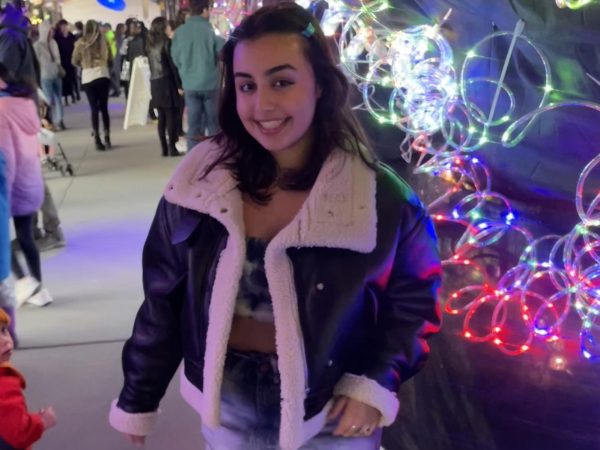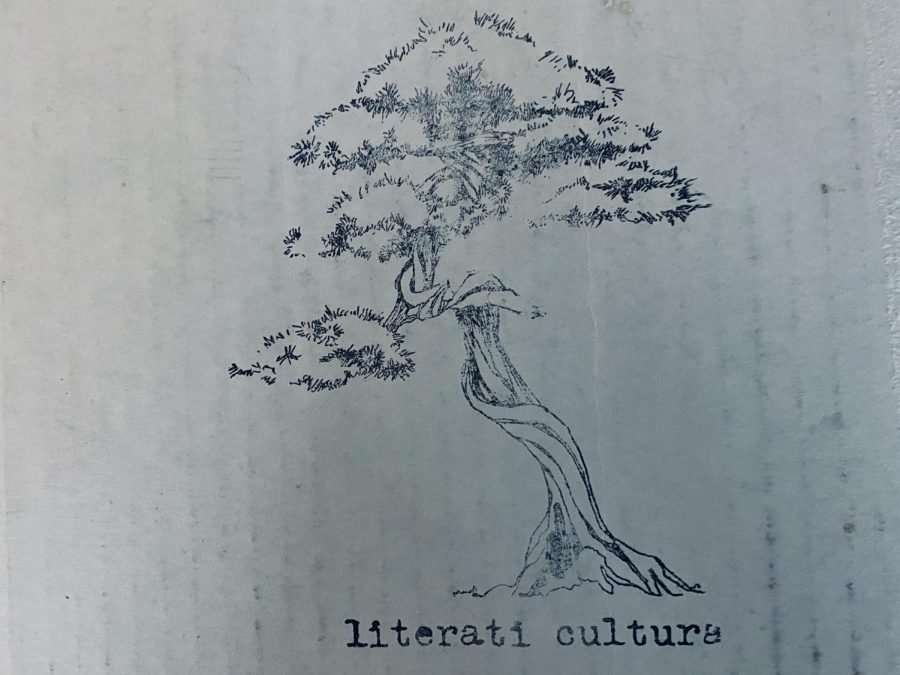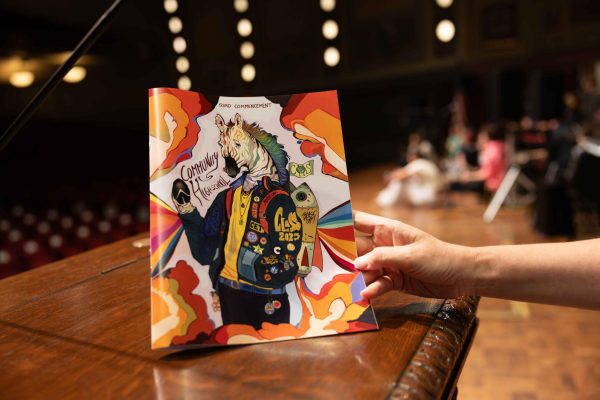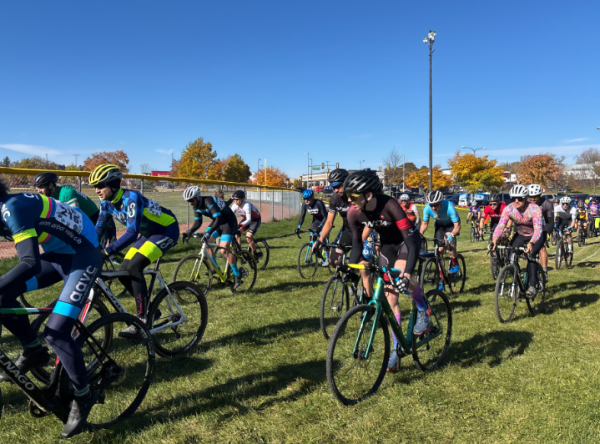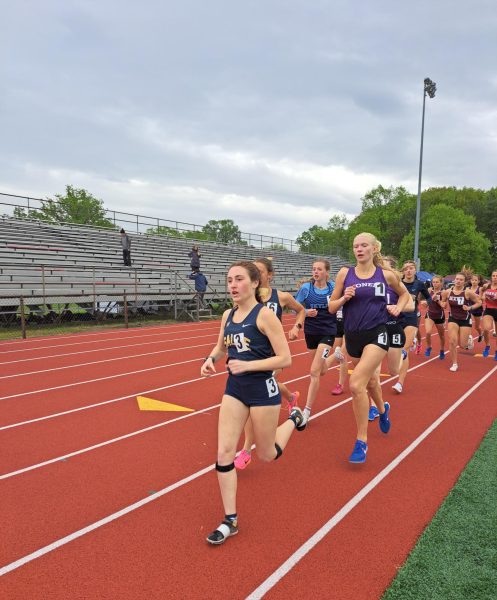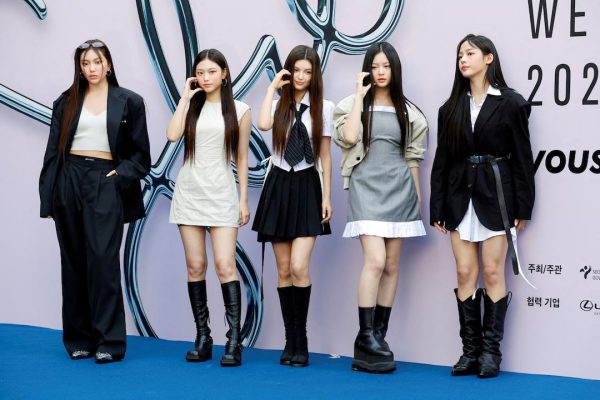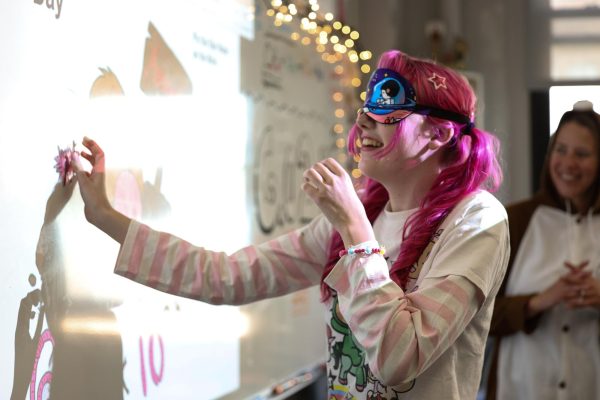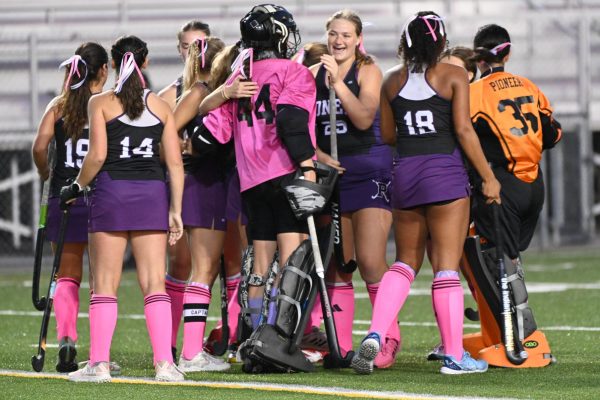Authors Melissa Febos and Jenn Shapland discuss writing and lifestyles
Melissa Febos’ writing process is different with each essay that she writes. The thing that is common among all of her beginnings is that she rarely knows where it is going to end up. Febos’ second essay collection “Girlhood” is coming out March 30, 2021. Her other works include her memoir Whip Smart, and essay collection, Abandon Me. At Literati on Friday, Feb. 19, Febos joined virtually with Jenn Shapland to read from their books, and discuss their writing and lifestyles.
Febos realizes that she does not write short things, and instead delves into longer heavier material.
“Somehow, I find a way to make it look easy and possible, and to totally obscure the deep emotional work and painful revisitation that the essay is going to require, and then I start writing,” Febos said. “And then of course, as soon as it sort of catches, then I’m compelled by that hard, long, unfunny material.”
Febos talked about how the painful revisitation of her own past is an essential part of her work, and Shapland talked about how her own research experience is deeply personal and delves into unknown areas.
“Even if the researcher can’t really see it themselves, what they’re doing is really looking for reflections of their experience, or they’re looking to understand some part of their experience that they don’t yet understand,” Shapland said. “And they’re using archival materials or someone else’s story to get at that.”
Part of Shapland’s research and writing process involves reflecting on photos of the clothing worn by her character Carson McCullers. She uses clothing as a vehicle to express McCullers’ past identity. Shapland sorted through photos of McCullers’ clothing to find that her outfits changed dramatically over the years.
“The clothes kind of offer that link to the past into parts of identity that maybe don’t get written about or articulated but that are very visible,” Shapland said.
Just like her character, Shapland’s style has changed along with her identity throughout the years.
“[Clothing] was also a way that I tried to assert control over my identity and how I felt I was being perceived by other people,” Shapland said. “I would often change clothes to go to school, and I’ve thought about it more — it was just a way to not have whatever comment or critique my family might offer.”
Some of Shapland’s published works include My Autobiography of Carson McCullers, as well as award winning essays Finders, Keepers, and Thirteen Ways of Moving to the Desert.
